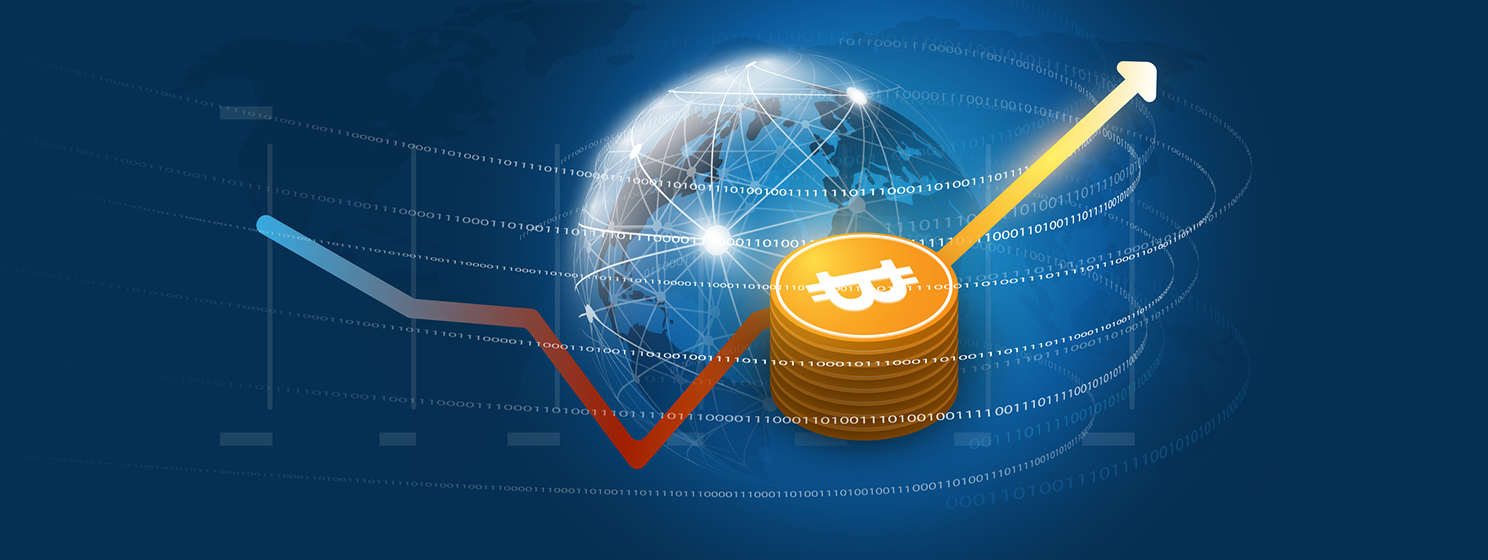|
Getting your Trinity Audio player ready...
|
After banning digital assets in 2018, Qatar is softening its stance and has recently announced a new initiative focused on asset tokenization.
Digital assets, DLT, and tokenization are part of the Middle Eastern nation’s Digital Agenda 2030, says Yousuf Mohamed Al-Jaida, the Qatar Financial Centre (QFC) CEO. Based in Doha, QFC launched in 2005 to provide a business and financial center with its own legal and tax rules.
QFC has been exploring digital assets despite the country’s blanket ban. In partnership with the Qatar Central Bank (QCB) and other organizations, it launched the Digital Assets Lab “to spur open innovation, research and development in digital assets and Distributed Ledger Technology.”
In an op-ed, Al-Jaida revealed that the QFC is set to welcome its first cohort of 20 participants this month, comprising fintech startups, academia, and established financial institutions. To qualify, applicants must meet criteria that touch on financial and commercial viability, innovation potential, legal compliance, and alignment with the country’s strategic goals.
A new blog by one of our sponsors, @QFCAuthority has now been published about laying the ground work for Qatar's digital assets sector.
Read the full blog here: https://t.co/hUYjUSUY6g#CityWeek2024 pic.twitter.com/WeuKniUkEJ
— City Week 2024 (@cfcityweek) July 29, 2024
The participants will have access to the oil-rich nation’s business ecosystem, resources, and infrastructure. QFC will also offer its expertise in technical, business, and legal matters and help them with commercial registration and licensing.
QFC pledged to explore DLT and digital asset solutions. However, tokenization will take center stage for now. According to one report, the global market capitalization of tokenized assets has surged from $1.5 billion in 2018 to $120 billion today. Experts estimate it could hit $16 trillion by 2030.
To support this tokenization push, the Centre has published the QFC Digital Assets Framework 2024, offering regulatory clarity for the sector. It touches on digital asset ownership, transfer, trading, custody, smart contracts, and more.
“The framework forms an essential cornerstone of Qatar’s burgeoning digital assets market by establishing standards for asset tokenisation and advocating for a trusted technology infrastructure that drive value for consumers, service providers and stakeholders,” Al-Jaida stated.
Earlier this year, Maha Al-Saadi, who leads the organization’s regulatory affairs department, revealed that it had partnered with the central bank, allowing digital asset businesses to easily obtain licenses to serve the entire country.
“We strive to strike a balance between regulatory compliance and fostering innovation. While certain activities may fall under regulated domains, we are committed to providing a conducive environment for digital asset ventures to thrive,” she told one outlet.
Watch: UAE will lead the Middle East in blockchain adoption—Dr. Zayed Al Hemairy

 03-05-2026
03-05-2026 




